RESPONSIBLE DRINKING



RISKY SITUATIONS
The more you drink, the slower you react to changes around you and the greater the impairment of your judgement. Your physical skills and judgement are especially important in situations that may be "risky", where your decisions are important to protect your health and well-being as well as the safety of those around you.
BINGE DRINKING OR HEAVY EPISODIC DRINKING (HED)
While definitions vary, binge drinking or heavy episodic drinking (HED) is commonly defined as consuming a large amount of alcohol over a short period of time, resulting in serious intoxication. Binge drinking can have severe short-term effects on the individual and to the people around them, including damage to health, accidents, brain dysfunction, unwanted sex, and even death. Binge drinking is never a good decision.
STAY IN CONTROL
The amount and speed of your drinking, as well as what else you eat or drink, can make a difference, at least in the short-term. Whenever you are in doubt, stop drinking and wait until you're sure that you are in control and able to make good decisions.
DRINKING IS NOT FOR EVERYBODY
Many people choose not to drink, for cultural, religious, or other personal reasons. A decision not to drink should always be respected. Avoid or limit drinking when you are in risky situations. You should not drink when you are ill or if you are in a bad mood or situation where drinking doesn't feel right. If you cannot control your drinking, you should not drink at all.
DON'T DRINK IF YOU ARE UNDERAGE
Most countries have established a minimum legal age for purchasing or consuming alcohol beverages, or both. Underage purchase and consumption is illegal and may be damaging to a person's physical and mental development. Some areas make exceptions for underage drinking when the drinking is part of religious ceremonies or even some family occasions. Be sure you understand and follow local laws.
DRIVING
Even small amounts of alcohol can affect your ability to drive so the only safe advice is to avoid any alcohol if you are driving.
DRINKING AND PREGNANCY
Drinking affects both men and women who are trying to conceive children. Men and women who are considering starting a family should discuss their alcohol consumption with their healthcare provider. Drinking during pregnancy can adversely affect the fetus. There is no agreed safe limit for drinking during pregnancy. Choosing not to drink is the only right decision. Drinking when you are breastfeeding can adversely affect your infant. If you are pregnant or breastfeeding, please discuss any drinking with your healthcare provider.
To learn more about responsible drinking, please visit: www.responsibledrinking.org


